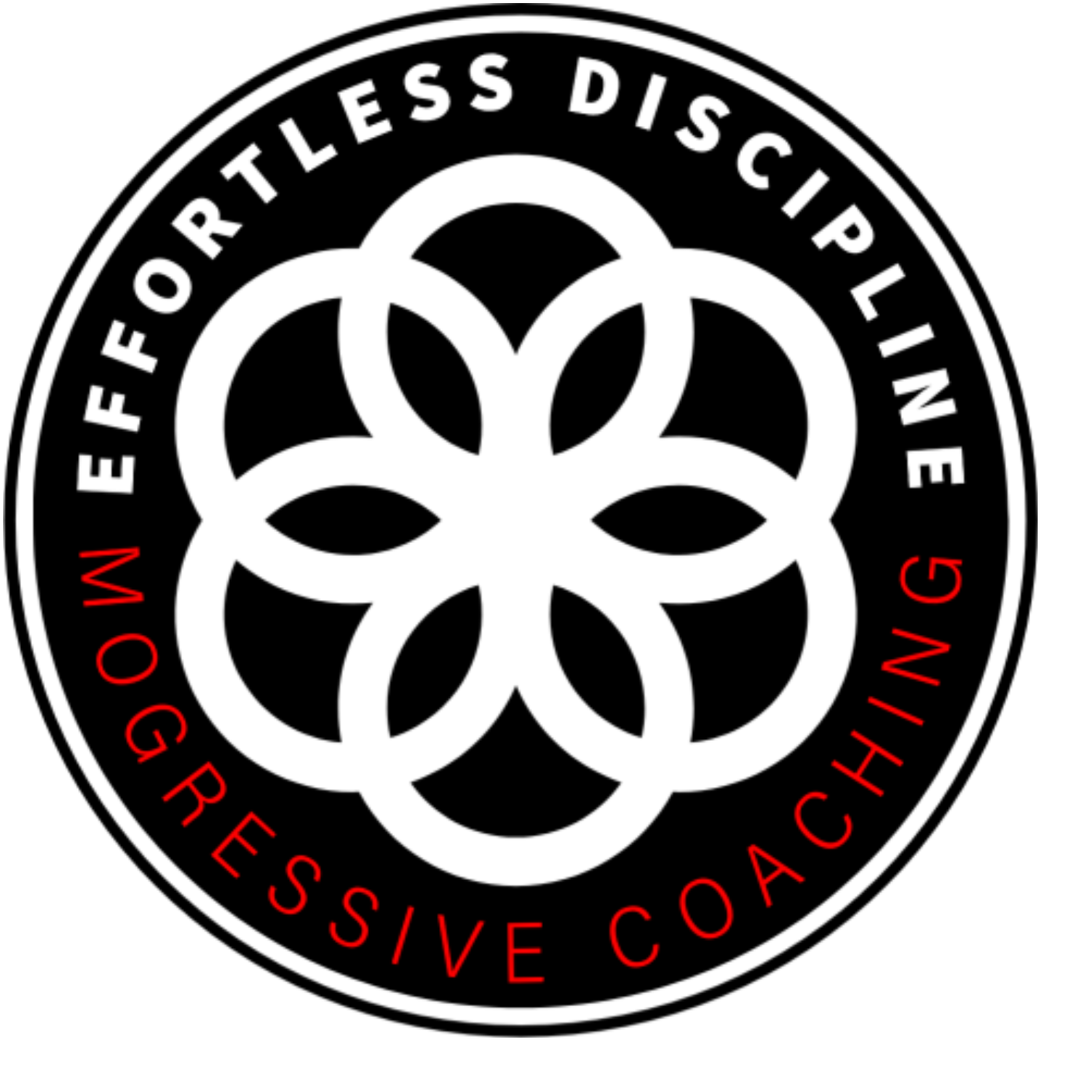What is Suffering and How Can it Help Me Find Meaning?
Become Stronger To Achieve Success.
What is Suffering and How Can it Help Me Find Meaning?
Suffering, whether physical, emotional, or mental, is an inevitable part of life. It can come from external sources beyond our control, making it incredibly challenging to manage. From illnesses and loss of loved ones to financial hardships and unmet life expectations, suffering often catches us by surprise, making us feel like we're losing the battle against time.
However, suffering can also lead to a deeper understanding of ourselves and the world around us. By reflecting on our pain, we can gain insights into our responses to difficult situations and learn how to cope better in the future. Suffering forces us to confront our pain and, with the right tools, use it as a source of growth, learning, and teaching the next generation.
Finding Good in Suffering
Why would anyone want to find the "good" in suffering? It's about shifting our mindset. I read an anecdote that said,
"If the entire world threw all their problems in one big pile, you would quickly go back and pick your problems back up."
This reminds us that things could always be worse.
Suffering is like a shadow of our life experiences. It’s possible to suffer with joy or grief, depending on our perspective. These experiences forced me to learn how to cope with suffering so it wouldn’t harm me or those I love.
Turning Suffering into Inspiration
Suffering can be transformed into something powerful and positive. For instance, talented individuals around the world tap into their suffering to create masterpieces. This requires deep awareness, something less than 8% of the US population truly possesses. Those unaware often let suffering take over their lives, passing down fear and grief to future generations.
Coping with Emotional Pain
To cope with emotional pain, we must understand our belief systems and how they shape our reactions. When my family recently lost a loved one, I realized that assumptions and negative thoughts can fuel emotional distress. Journaling, talking to trusted individuals, or joining support groups can help process these emotions. Simple daily affirmations, like reminding yourself of positive memories at red lights, can also make a significant difference.
Mindfulness strategies and lifestyle changes, such as diet, exercise, and meditation, can further help in coping with suffering. Remember, small, gradual changes are key to creating lasting impact.
Addressing Relationship Hardships and Victimhood Mentality
Suffering from relationship hardships can be particularly painful, but it’s crucial to understand that these experiences can teach us valuable lessons about resilience, empathy, and personal boundaries. Recognizing when we fall into a victimhood mentality is the first step toward reclaiming our power. Instead of viewing ourselves as victims of circumstances, we can choose to see ourselves as survivors and thrivers, capable of overcoming any obstacle.
At Mogressive Strategy Coaching, we focus on empowering individuals to transform their suffering into strength. Our comprehensive programs are designed to help you gain confidence, clarity, and purpose. Through personalized coaching, you can learn to harness your inner strength and resilience, enabling you to face life's challenges with courage and determination. Check out my 6 Week Course “Be The One”
Dive Deeper: Listen to My Podcast
For a more detailed exploration of this topic, listen to my podcast episode where I delve into the art of suffering and how to grow from it. Tune in here: The Art of Suffering - Podcast Episode.
Understanding and accepting suffering allows us to use it as a tool for growth. By adopting the art of suffering, we can turn our pain into something meaningful and positive. Share this message with those you love who might be experiencing their own struggles. We're all in this together.
Remember, we’re all in this together. Until next time.


